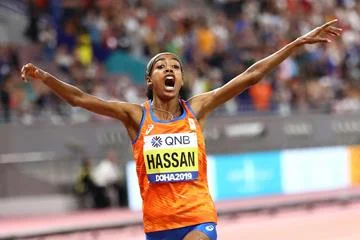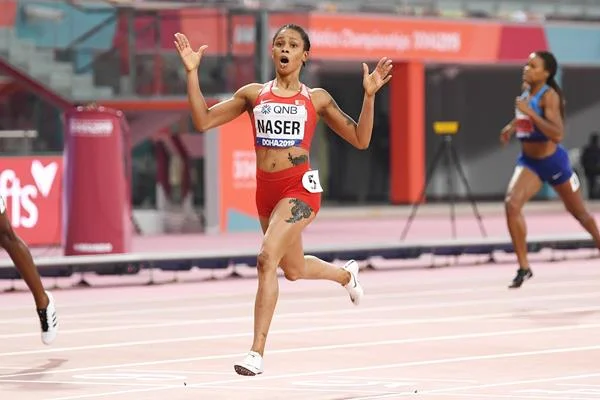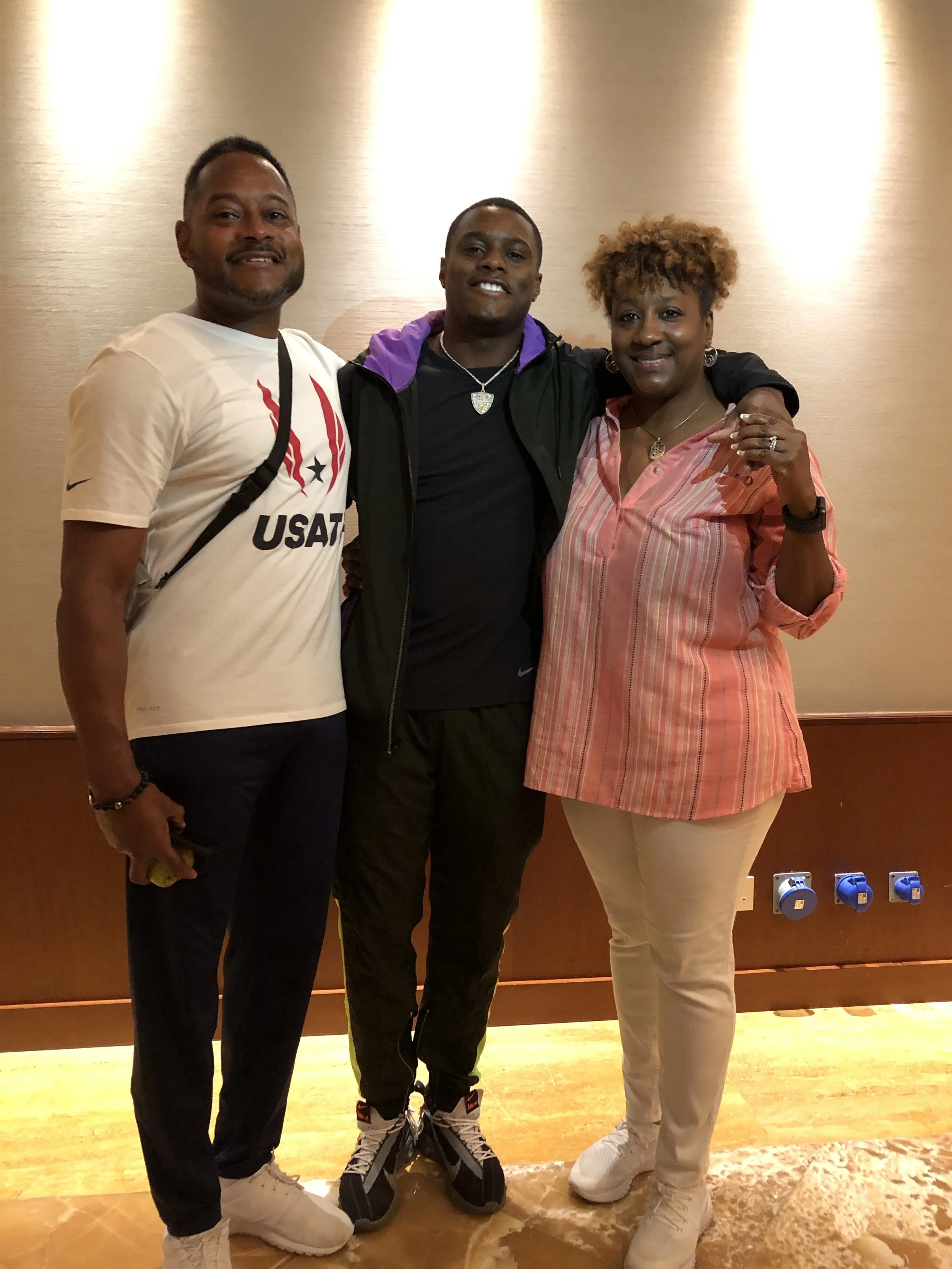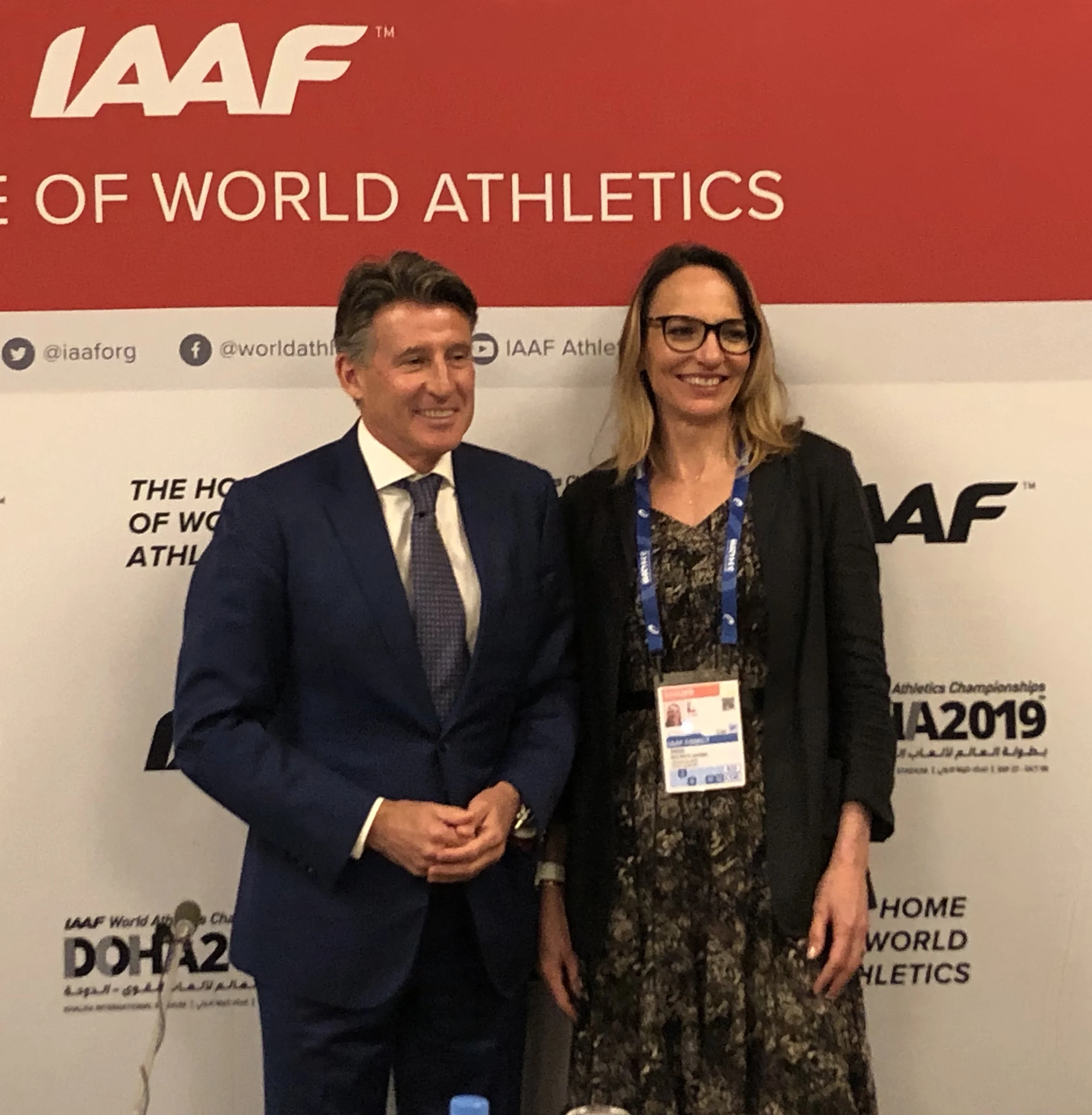We take you back to the halcyon days of 2015, when Eugene, Oregon, that college town in the middle of nowhere, was abruptly awarded — without the usual formal competitive bid process — the 2021 world track and field championships.
The United States has never staged the track worlds. The international governing body, then called the IAAF, now known as World Athletics, has always been keen to have it in the States. The soon-to-be-outgoing IAAF president, Lamine Diack, and the president of USA Track & FIeld, Vin Lananna said the stars aligned, Lananna calling the awarding of the 2021 championships a unique “one-time opportunity.”
Diack is now under house arrest in France, the focus of a criminal inquiry into a wide array of track- and Olympic-related matters. U.S. Justice Department officials, meanwhile, are reported to have taken an interest into the awarding of the Eugene bid.
But wait.
The whole idea of staging the track worlds in Eugene, per Lananna especially, was to grow the sport in the United States.








